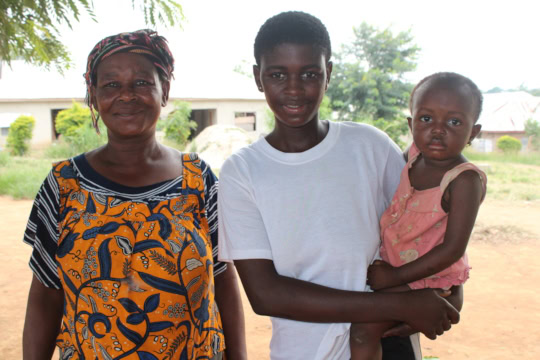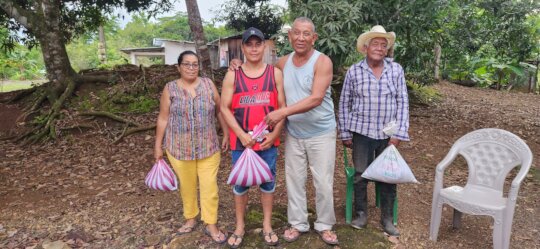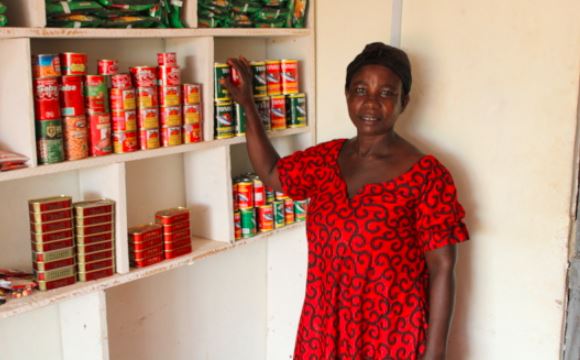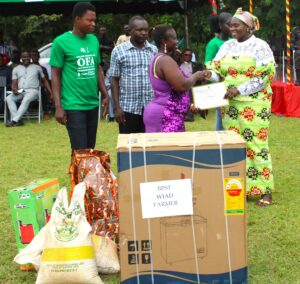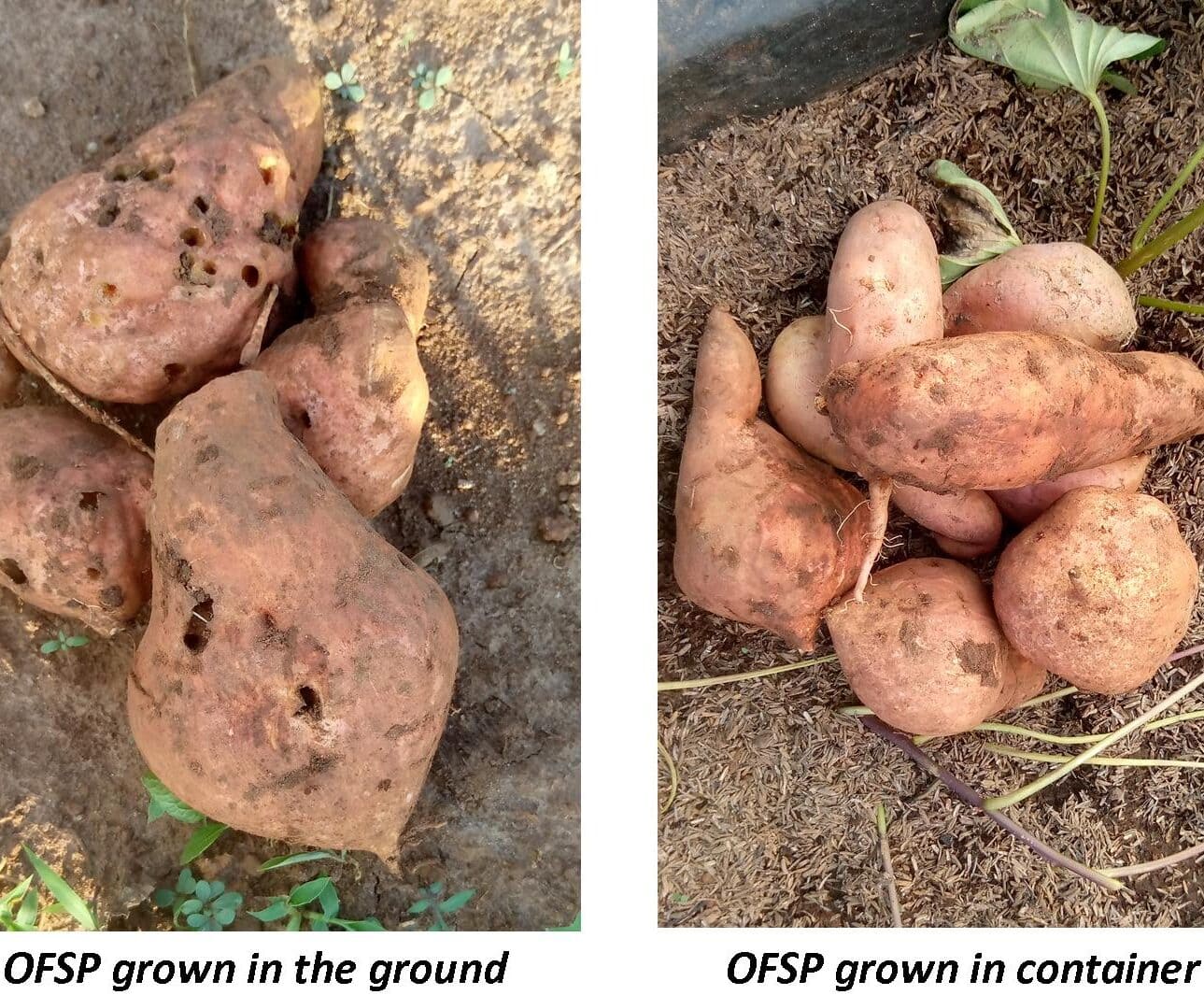
Innovating Agricultural Practices to Deal With Pest Infestations in Ghana
By Justice Amoka Sam – Community Crop and Livestock Specialist
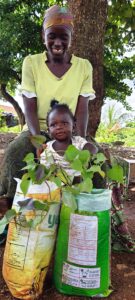
OFSP vines to grow sweet potatoes rich in Vitamin A!
Promoting the growing and consumption of nutrient-rich crops among rural communities in Ghana is a major priority of Self Help International. Over the years, the Agriculture and Entrepreneur Development Training Centre has promoted the cultivation of Orange Flesh Sweet Potatoes (OFSP), a tuber crop rich in nutrients, especially Vitamin A.
Self Help has distributed tubers and OFSP vine through its agriculture team and nutrition team to communities where malnutrition is prevalent. Self-Help’s goal is to make sure the planting materials remain in those communities and families have access to OFSP to help fight against stunting and malnutrition in young children.
Results and feedback from partner communities about Self-Help’s OFSP demonstrations have revealed that the majority of tubers get destroyed by pest infestation, especially by millipedes. The traditional method of planting OFSP in the ground has always had risks of severe millipede infestation. Self-Help realized during consultations that other agriculture stakeholders are also facing this problem.
In May 2021, the agriculture team started research to see how well OFSP performs in containers using a growth mixture that would support good tuber formation and reduce pest infestation. Self-Help’s team used mostly rice hulls to prepare the growth mixture, which is a waste product that remains after hulling rice. The team chose the material because rural communities can easily access it. Rice hulls are common in partner communities, and they are often left in the fields after harvesting and hulling rice.
The outcome of the experiment carried out indicated that a 0.55m 2 container is able to produce 38.7kg of tubers with no signs of millipede infestation. Other challenges associated with planting in open fields such as weed control, ridge construction,and soil hardening up are all eliminated with the planting containers, which makes it easy for people of all ages to grow OFSP.
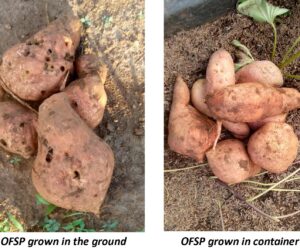 Self-Help’s team shared the findings from the experiment with other agriculture stakeholders involved in OFSP cultivation. It is also being replicated in Self-Help partner communities, which will lead to the production of tubers free from millipede infestation to help curb malnutrition and stunting.
Self-Help’s team shared the findings from the experiment with other agriculture stakeholders involved in OFSP cultivation. It is also being replicated in Self-Help partner communities, which will lead to the production of tubers free from millipede infestation to help curb malnutrition and stunting.
Self Help International’s Agriculture and Entrepreneurial Program is collaborating with other Self-Help programs to train farmers, women’s groups, and youth groups in partner communities about the methods and results of planting OFSP in containers. Training with Self-Help partners on the methods have been positive, and some partners have already adopted the method and seen better OFSP crop yields.

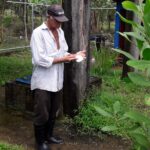 Previous Post
Previous Post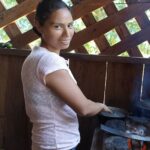 Next Post
Next Post